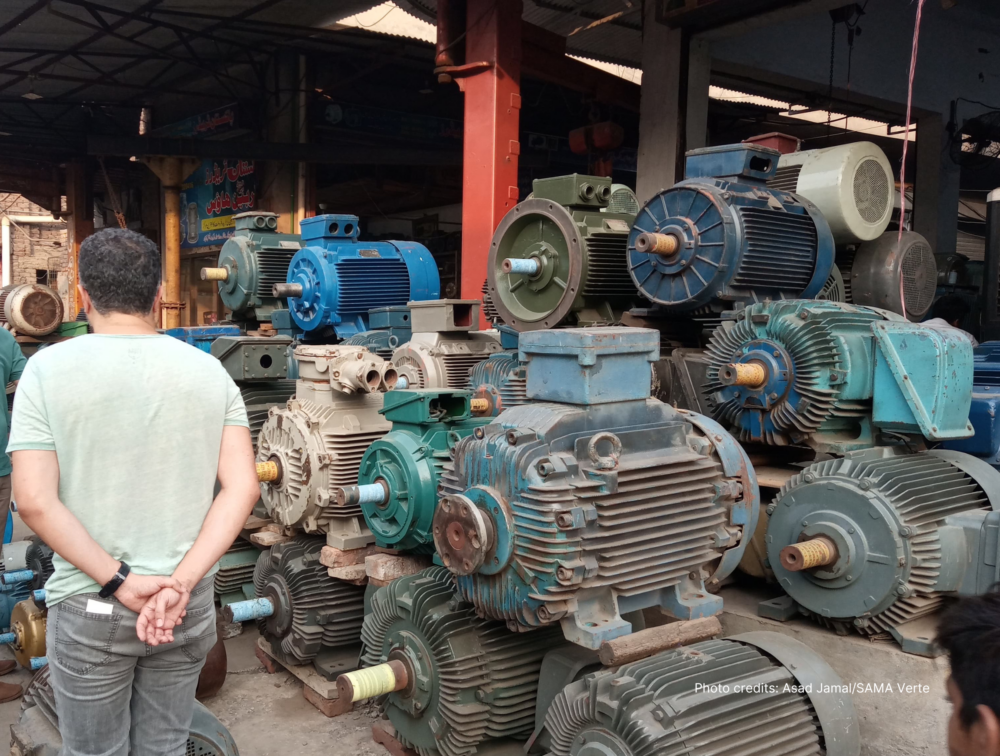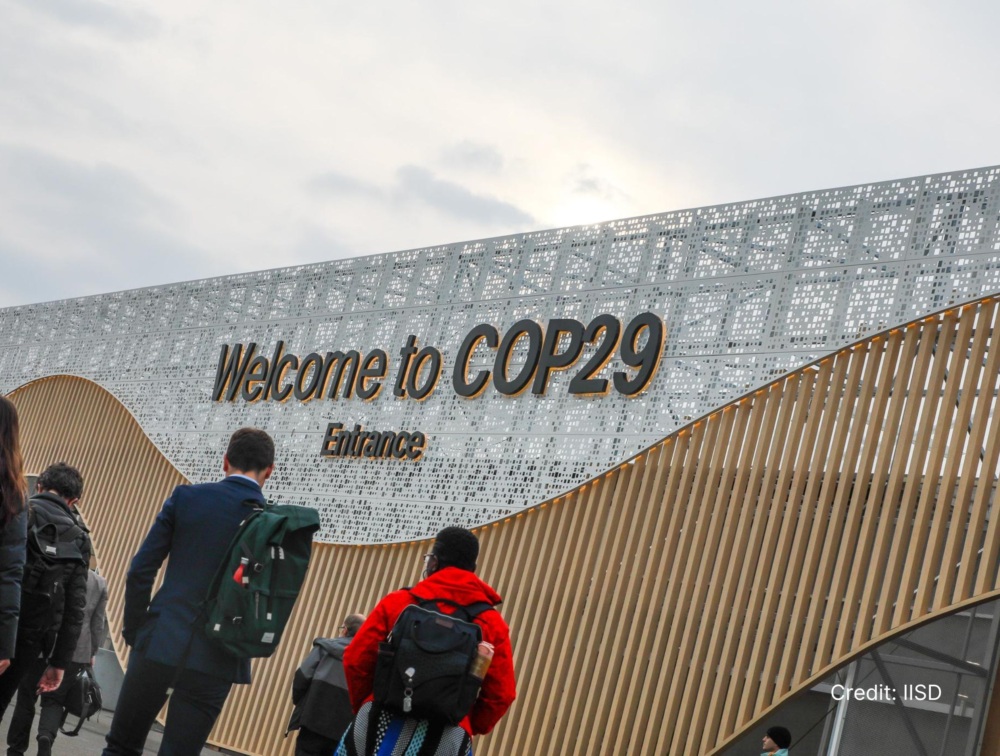CLASP Launches New Program in China
The China National Institute of Standardization (CNIS) is partnering with CLASP in efforts to dramatically reduce CO₂ emissions through appliance energy efficiency.
The China National Institute for Standardization (CNIS) is partnering with CLASP in efforts to achieve audacious gains in appliance energy efficiency and dramatically reduce CO₂ emissions. CLASP is supporting CNIS to devise a sustainable, long-term policy plan that will cover a myriad of appliances and deliver big CO₂ reduction.
Growing the Economy Without Growing Emissions
In 2020, China pledged to achieve peak carbon emissions by 2030 and carbon neutrality before 2060. To achieve this, their strategy will prioritize energy efficiency and drive the market to increase high-efficiency options. Appliance efficiency policy and energy labels will play an essential role in supporting residential, commercial, and industrial sectors to reduce carbon emissions and reach carbon neutrality.
Rapid economic development and improved living standards is driving an increase in energy demand in both residential and commercial sectors. Despite an established, comprehensive energy efficiency policy system and energy labeling program, consumption is increasing rapidly.

According to the Beijing Science and Engineering University, electricity demand is expected to grow 31% - 47% by 2030.
Improving upon China’s existing programs will reduce carbon emissions without hindering economic development.
CLASP Supports More Ambitious Policy
CLASP’s China program aims to drive carbon reduction domestically and globally by revising current policies and introducing new additions. The program’s main priorities are policy development and revision, online energy label management, and international exchange. Activities will target a set of prioritized product groups, selected for maximum potential impact.
Currently, China has minimum energy performance standards (MEPS) for more than 70 appliances, but many of them are outdated. Near term policy opportunities include:
| Product Category | Objective |
|---|---|
| Water Heaters | Developing a nationally standardized energy efficiency testing method for all water heaters (electric, gas, and heat pump) |
| Household Space Heating | Developing a nationally standardized energy efficiency testing method for space heating appliances (heat pump, gas boiler, electrical boiler) |
| Air Source Heat Pumps | Developing a MEPS advancement plan |
| Washing Machines | Developing a MEPS advancement plan |
| Storage Servers | Developing first testing standard and MEPS |
| LED lighting products | Developing a MEPS advancement plan |
| Monitoring and Evaluation for Energy Efficiency Standards | Creating an index system and methodology for assessing standards implementation |
According to CLASP’s Mepsy analysis, in an ideal scenario, China could reduce a total of 889 Mt of carbon emissions by 2030 just with at-scale adoption of heat pump water heaters. That is equivalent to all of China’s yearly emissions from the agricultural sector.

Increasing Appliance Efficiency Visibility Online
Online purchases account for nearly half of all appliances sold in China. However, online retailers do not have adequate guidance or frameworks for sharing energy labels, depriving consumers of an important purchasing input available at physical stores, where the label is mandatory and visible.
CLASP and CNIS are working to improve online energy label management activities to inform consumers about energy consumption and CO₂ emissions reduction. We will lend support to e-tail platforms to develop guidelines for online energy label display and management.
Using China’s Best-in-class Policies in a Global Paradigm
Currently, China is a global leader in establishing the technical requirements of room air conditioners (RACs), variable speed ACs, electric motors, among others. To illustrate, if all developing countries were to adopt RAC policies similar to current Chinese policies, they would avoid a cumulative 2,322 Mt of CO₂ through 2030.
CLASP’s support will involve energy savings and emissions reduction analyses, technical and economic feasibility studies, international policy benchmarking, and training workshops and seminars. These activities hope to generate significant progress towards Chinese carbon reduction goals and push for carbon neutrality by 2060.









